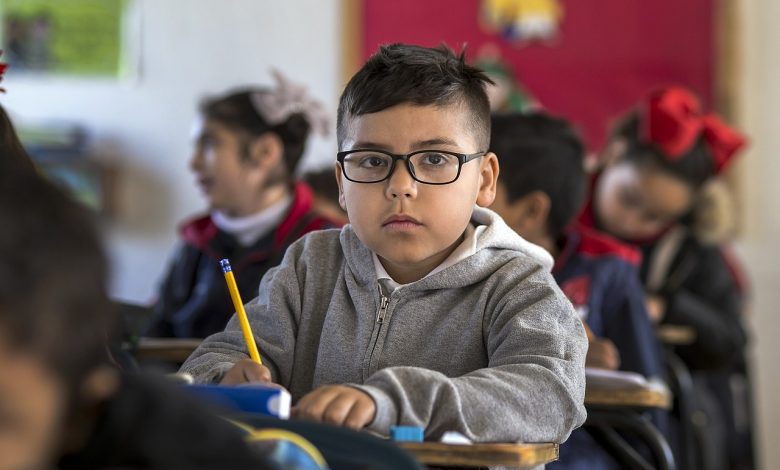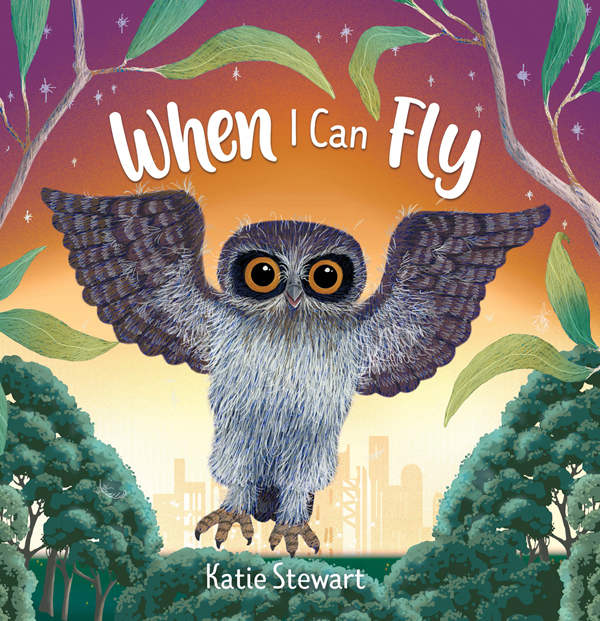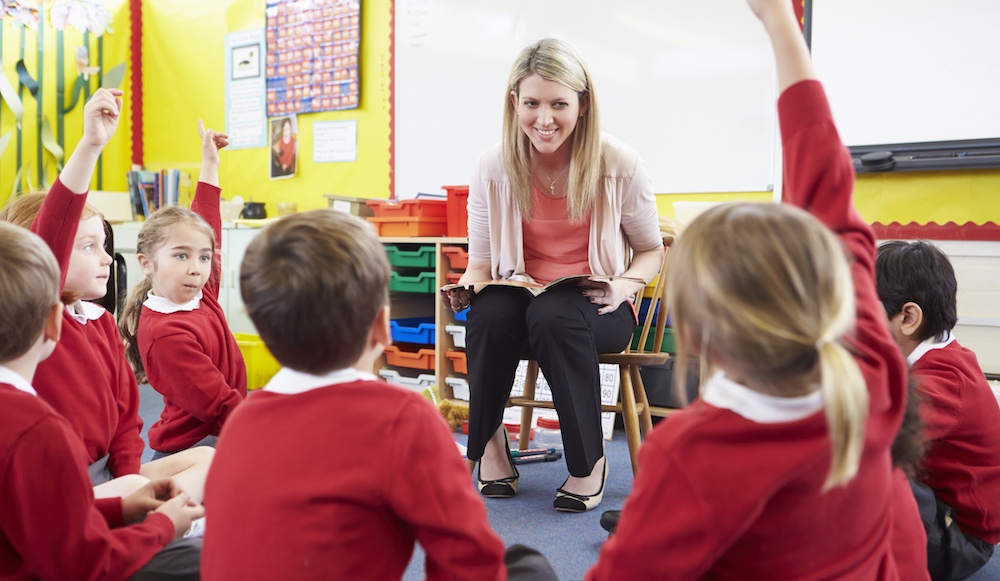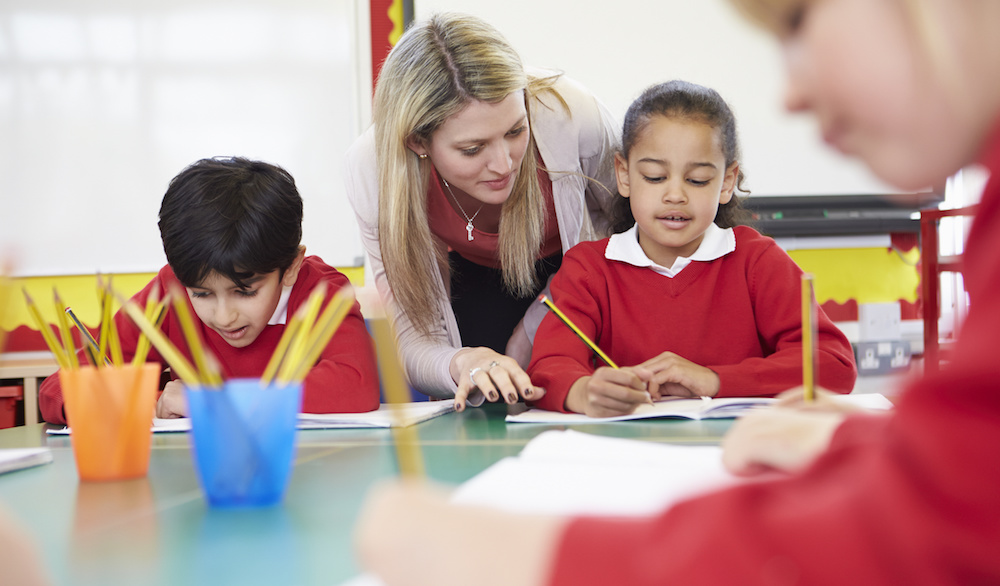The Child on the Quiet Path – an interview with author Katie Stewart
In schools, there’s an emphasis on academic achievement, sporting prowess and working towards the best jobs when you leave school. Author Katie Stewart speaks up for the quieter child.

“Not every child is going to be a game-changer or world-builder, no matter how hard they try. But that doesn’t make what they can do any less important.”
“In schools, though, there’s such an emphasis on academic achievement, sporting prowess and working towards the best jobs when you leave school,” says author Katie Stewart. “To me, it shouldn’t be a matter of being ‘the best’, but of being ‘your best’ and being happy with what you do. Who has achieved the most – a gardener who absolutely loves his job, or the boss of a big corporation who drags himself to work and strives constantly to be better than someone else? Children need to know that whoever they are, whatever they can achieve, they are enough. If teachers could get that across in the classroom, it would be wonderful.”
Katie Stewart is an author and illustrator who lives on a farm with her husband and assorted pets just north of Northam, in the Central Wheatbelt of Western Australia. With three books published by Fremantle Press, her latest When I Can Fly, released this week, is a picture book for the children who don’t strive to be game-changers or record-breakers.
“The story is based on the experience of my younger son,” explains Katie. “He spent most of his high school years begging to be allowed to do things in the city – school, soccer clubs, athletics clubs – anything that would mean going regularly to the city. Unfortunately, we couldn’t afford for him to do most of the things he wanted to do, so he had to be content with an occasional trip down with friends for a day. He studied hard and got a place at university, but after only five weeks decided that the city was not for him. He came home, trained as a shearer and hasn’t looked back. He goes to the city for weekends, but that’s enough for him.”
Beautifully illustrated with designs that give both a sense of serenity and movement, just inside the cover is an inscription that reads: “The best thing about being able to fly is that you can always change direction.” It is this theme that is important for teachers to share: that even if your initial grand plans don’t come to fruition, sometimes you must accept that you need to change course and set new goals. “At first glance, it might seem like Little Boobook is giving up by going home. On the other hand, this could be taken as acknowledgement of the fact that it’s okay to change your mind about something, no matter how desperately you may have thought you wanted it.”
As Katie adds: “Everyone makes mistakes, everyone fails. Without failure, no one would achieve anything. We’d still be back in the Stone Age. It’s only by trying again that we use our creative minds to come up with something better. Learning to turn around and go in a new direction, taking a lesson from what you’ve already done is an important skill to learn.”
The quiet child in the classroom
Before retiring to pursue her childhood dream of being an illustrator, Katie was a teacher and worked in a school library. She believes that teachers can help children find their goals and celebrate them regardless of whether it’s being the next Tim Winton or something more modest.
“I think it’s a matter of teaching children that their goals are all just as important as anyone else’s. Unfortunately, the education system and society, in general, suggest otherwise. Everyone is expected to achieve a certain level. Those who do it easily are left to their own devices a lot of the time and those who don’t are pushed hard. Wouldn’t it be so much better if children could discover their own talents and pursue those without being considered to have failed?” Katie Stewart
Katie’s decision to change course and return to her earlier dream of being an author/illustrator came after reading ‘The Element’ by Sir Ken Robinson. “His ideas on education and creativity made so much sense to me and give a greater understanding of the ‘different’ children in the classroom. Education should be more like farming where students are nurtured to grow in their own way. Another great book to read if you want to know how to deal with the quieter children in your classroom is ‘Quiet: The Power of Introverts in a World That Can’t Stop Talking’ by Susan Cain.”
She explains that it can be difficult for quiet children to set realistic goals and teachers can help by working with them, starting with small, everyday goals and working up to life goals. Secondly, she says, students need to know what their talents are.
“Everyone has something that they can do. It may never make them famous, but it has an effect on those around them. It may not even be a physical thing,” Katie adds. “It may be an emotional talent, like being a good listener or caring for others. Every child has something and if teachers help them to find it, they are far more likely to achieve what should be the ultimate goal – a happy, productive life.”
The power of picture books
Katie’s own career path has taken some unexpected turns over the years. Despite wanting to be an illustrator when leaving school, there were no illustrating courses so she ended up becoming an archaeologist and ethnohistorian. It took forty years before she finally achieved her childhood goal of becoming an illustrator, but as she says: “In hindsight though, I’m not sure that taking an art course would have worked for me. The main difference between me leaving school and me now is probably that I have deeper understanding of life in general. I’m not an expert, but now I find myself writing stories that have underlying lessons. I don’t set out to write them that way, it’s a subconscious thing, but that wouldn’t have happened when I was younger.”
She believes that picture books can have a major impact on children’s lives by allowing a way into discussion around subjects that are important. “Bringing up a ‘life lesson’ out of the blue can be awkward, but a book gives a way in and creates the comfort of a relationship to allow it to proceed. It can depersonalise a problem the child might be having and let them see how others might deal with it,” Katie explains.
When I Can Fly by Katie Stewart is published by Fremantle Press and available from 29 August, 2023. Find the Teaching Notes here.








